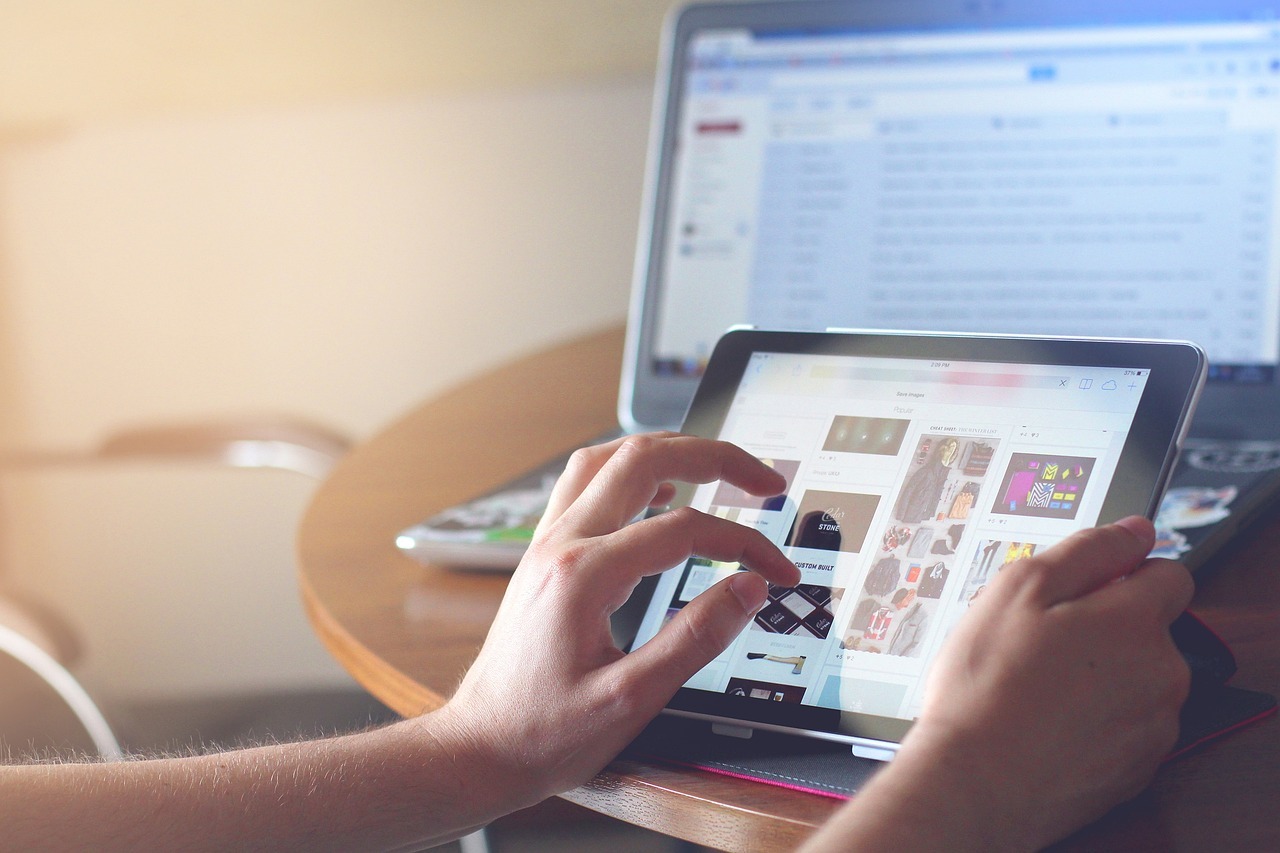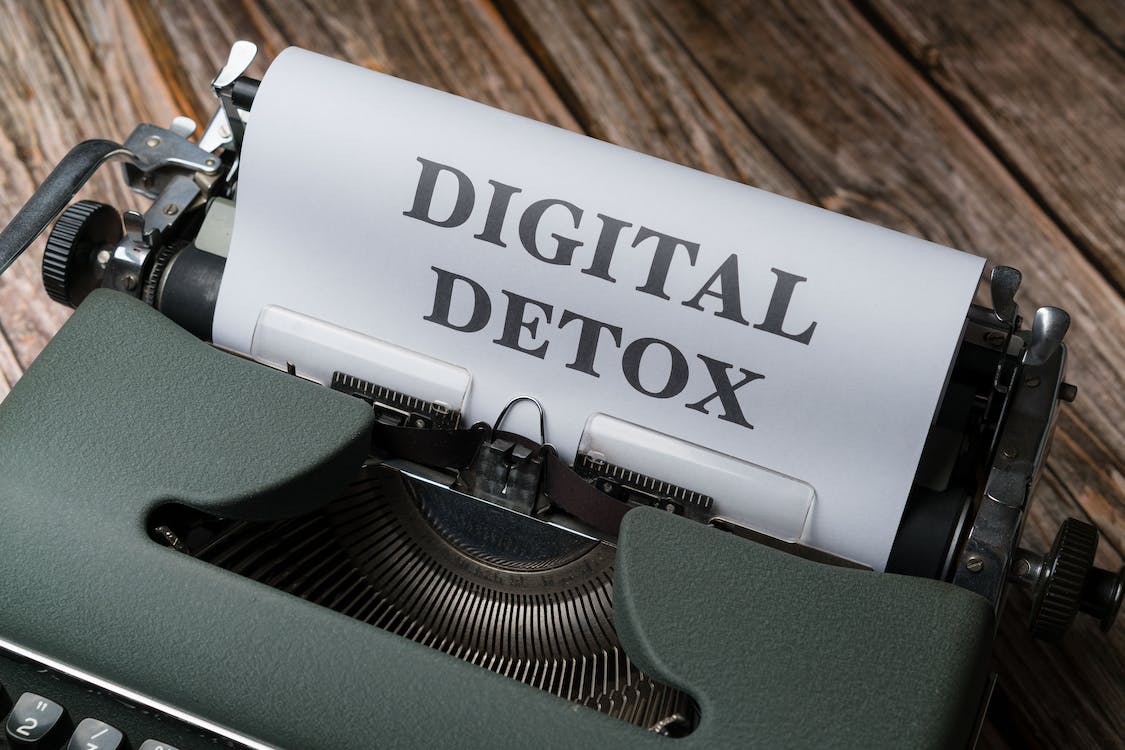In a world where technology has been deeply ingrained into our daily activities, our lives have become deeply dependent on screens and devices. Added to the fear of missing out (FOMO), we find it hard to escape our hyperconnected world.
However, spending less time with devices comes with a high price. The use of these devices has become increasingly pervasive, and the alarming effects of excessive device usage have started to emerge. As we wake up to the sound of our mobile phone’s alarms, scroll to different social media platforms, and spend our days working on computers, our lives and health become compromised.
The addictive nature of technology, paired with the pressure of maintaining a curated online personality and many more alarming effects of using too much digital access, can lead to adverse impacts on mental health. So, how can we maintain a well-balanced life without compromising our overall well-being? The answer is a digital detox.
A digital detox refers to a period during which individuals consciously disconnect from their digital devices. This involves taking a break from social media, email, and other online activities. Instead, individuals focus on participating in activities that promote physical and mental health.
While the definition of taking a break, especially the allotted time to detox, varies from one person to the other, the main point of digital detox is to detach from any screen device and encourage face-to-face activities such as participating in activities that develop physical and mental health. It’s a way to disconnect from the constant flow of information, notifications, and digital distractions in our modern lives.
Reasons why Digital Detox is a Necessity
Unplugging for a healthier lifestyle has become popular as people realize the detrimental impact screen time has on their physical and mental health.
Here are some reasons for the harmful effects of too much screen time.
1. Health Concerns
One of the alarming concerns of spending too much time on devices is the sleep problem it may cause. Excessive screen time, especially in the evening, contributes to sleep problems primarily because screens emit blue light that can intrude with your body’s natural sleep-wake cycle.
The blue light emitted by screens, like those on phones, tablets, and computers, can overpower melatonin production (a hormone that regulates sleep), making it harder to fall asleep, especially at night. Lack of sleep poses more health problems, as poor sleep quality leads to insomnia and many other health issues.
Another health concern related to digital use is staring at screens for extended periods, which can result in digital eye strain characterized by symptoms like dry eyes, headaches, and blurred vision. Experts also noted that prolonged use of smartphones and other devices can cause a condition known as “text neck,” where the neck and spine are strained due to poor posture.
2. Low Self-Esteem
Ironically, excessive device usage can lead to social isolation, as people may opt for online interactions over real-world social connections. Also, spending less time may create a digital representation of what a person should be, leading to a more realistic impression of an individual. Social media often present carefully curated and idealized versions of people’s lives. When individuals constantly compare themselves to these unrealistic standards, it can lead to feelings of low self-worth and inadequacy.
Further, seeing others’ seemingly exciting and glamorous experiences online can make individuals feel like they are missing out or that their lives are less interesting, which can lower self-esteem.
3. Mental Health Issues
Overuse of devices, especially in the context of social media and online interactions, has been linked to mental health problems.
Excessive use of digital technology, especially on social media, can lead to social comparison and feelings of inadequacy. It can also contribute to isolation, as online interactions may provide a different emotional support than in-person interactions. Additionally, constant connection and pressure to always be available, respond to messages, or stay up to date on social media can lead to increased levels of stress and anxiety.
Lastly, people who spend excessive amounts of time online, whether on social media, gaming, or other digital activities, may develop signs of addiction behaviors. This can lead to neglect of real-life responsibilities and relationships, resulting in more severe problems such as weight gain or unhealthy eating due to divided attention.
4. Reduced Attention Span
Although devices are designed to improve productivity, overuse often has the opposite effect. Constant interruptions from notifications, social media, and endless internet loopholes can seriously impede your ability to complete tasks effectively. This can lead to lower professional productivity, work ethics problems, and hinder personal growth.
5. Privacy and Security Concerns
Too much access to digital devices may lead to the oversharing of personal information across different platforms and networks, which increases the risk of privacy violations and security threats.
Sharing your personal information, photos, and other data online can leave you vulnerable to cyberattacks, identity theft, other digital threats, and unauthorized access to sensitive data, leading to stressful and sometimes costly consequences.
Benefits of Taking a Digital Break
1. Reduction of Digital-induced Stress and Anxiety
Constant overflowing information and access to digital screens and online information can contribute to feelings of anxiety and, even worse, depression. Taking a break allows you to unwind and reduce the mental and emotional burden of digital life.
By unplugging from our devices, we can fully immerse ourselves in what happens in the present while appreciating the simple joys of life. By disconnecting, you can escape the endless cycle of comparison, competition, and information overload, contributing to feelings of inadequacy and stress. Whether going for a walk-in nature or spending quality time with loved ones, a digital detox allows us to be fully present and engaged.
2. Improved Productivity
A digital break can boost your self-productivity by taking time off distractions and enabling you to focus on important tasks without interruptions from notifications and social media updates. Also, taking a break from screens allows the brain to recharge and can boost creativity. You may have more time to develop new ideas and solutions when you have the mental space to think.
3. Improve Physical Health
Too much screen time is connected to a sedentary lifestyle, contributing to weight gain and other health problems. By unplugging from our devices, we are more likely to be active in physical activities such as exercise or outdoor activities. This can have a positive impact on our physical health and overall well-being.
While engaging in too much screen time can disrupt circadian rhythms and interfere with the body’s ability to fall asleep, a device detox before bedtime can lead to improved sleep quality and overall well-being.
Further, constant screen use can lead to severe eye strain, headaches, and physical discomfort. A device detox relieves these symptoms and reduces the risk of developing digital-related health issues.
4. Strengthened Better Relationships
By taking a break from social media, we can focus on cultivating a positive self-image and nurturing our mental health. This will have a more significant impact as this positive feeling will exude to a more extensive relationship network.
By unplugging from our devices, we are more likely to participate in different physical activities such as exercise or outdoor activities or even just a simple conversation together with our family, friends, or colleagues, allowing us to connect with others on a deeper level, fostering better communication and stronger bonds.
5. Environmental and Financial Positive Effects
Reducing screen time offers a positive impact on the environment. The use of electronic devices has environmental consequences due to energy consumption, e-waste, and carbon emissions associated with production and disposal. In addition, spending less time online can lead to reduced spending on digital subscriptions, apps, and impulse online purchases.
Conclusion
A digital detox is an essential routine for maintaining a healthy lifestyle in today’s seemingly reliable technology use. It is necessary to set boundaries and discipline regarding screen time and prioritize self-care to achieve a healthier and more balanced life. Remember, a digital detox doesn’t have to be an all-or-nothing goal. Even short breaks from screen time can have a positive impact on your health. What are you waiting for? Unplug and reconnect.





